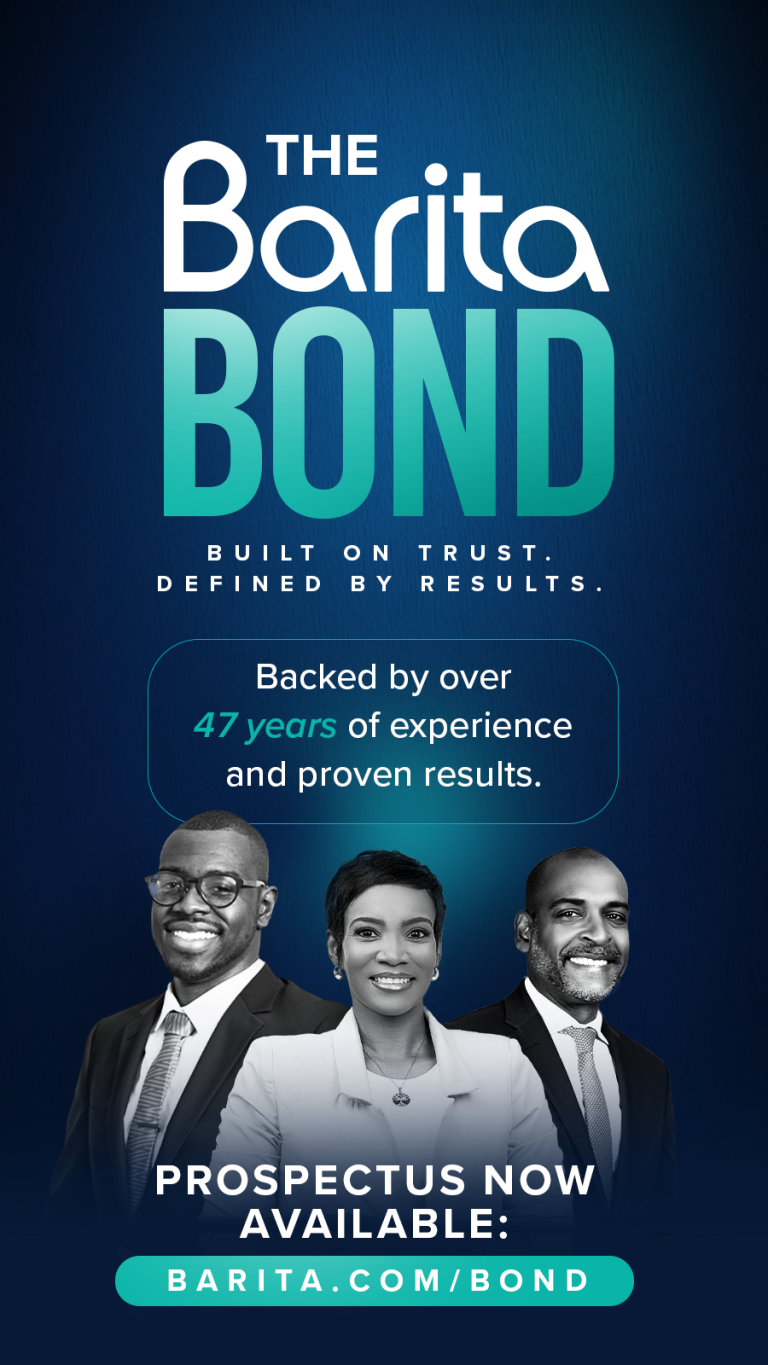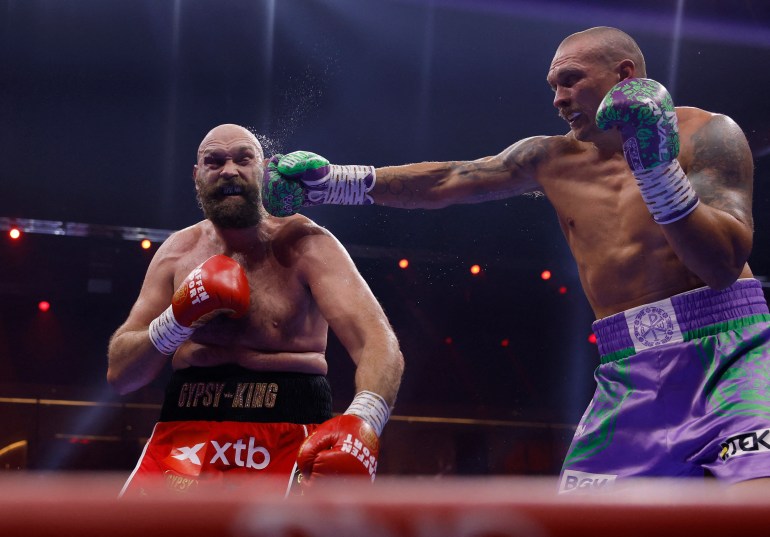My Dragon's Den Experience: What's Real And What's Not

Table of Contents
The Editing Process: Beyond the 30-Minute Edit
The Illusion of Speed: The show brilliantly condenses hours of intense pitching and negotiation into a concise, captivating 30-minute segment. This dramatic editing, however, creates an illusion of speed and decisiveness that rarely reflects the reality.
- Hours become minutes: What appears as a swift, almost instantaneous decision on screen often involved hours of back-and-forth discussion, detailed financial analysis, and careful consideration. My pitch, for example, felt like an eternity, but the televised version showed only snippets of the crucial moments.
- Selective storytelling: The editors carefully select scenes to create a compelling narrative arc, highlighting moments of tension and drama while omitting many of the quieter, less visually interesting parts of the process.
- The art of omission: Crucial details, potentially crucial for a balanced understanding of the negotiation, often get left on the cutting room floor. This selective editing can misrepresent the nuance and complexity of the decision-making process.
The Power of Post-Production: The magic of television isn't just in the editing; it’s in the powerful use of post-production techniques.
- Music and Sound: The music swells during moments of intense negotiation, adding to the drama and enhancing the emotional impact on the viewer. In reality, the atmosphere was often less theatrical.
- Manipulating Perception: The carefully chosen shots and camera angles subtly shape the viewers' perception of both the entrepreneurs and the Dragons. A fleeting glance can be interpreted as skepticism, while a brief smile can be presented as approval.
- Crafting the Narrative: The final edit shapes the story, often emphasizing conflict or unexpected turns to maximize viewer engagement. This curated narrative rarely captures the full, unfiltered experience.
The Dragons: Beyond the TV Personalities
Unveiling the Real Dragons: The Dragons' on-screen personas are undeniably compelling, each possessing a distinct style and reputation. However, interacting with them in person revealed a different, more nuanced side.
- Beyond the stereotypes: While their sharp questioning and assertive negotiation styles are accurate, their off-camera demeanor was often more relaxed and approachable than the television portrayal suggests.
- Individual investment strategies: The edited version only reveals glimpses into their investment styles. Off-camera, I learned about their individual investment philosophies, their specific areas of expertise, and their varying risk tolerances.
- Unexpected kindness: There were moments of genuine encouragement and helpful advice that didn't make it into the final cut. Their support and guidance extended beyond the purely financial aspects of my pitch.
The Importance of Chemistry: The success of a Dragon's Den pitch doesn't solely depend on a strong business plan; it hinges significantly on the chemistry between the entrepreneur and the Dragons.
- Building rapport: Establishing trust and a genuine connection proved crucial in building rapport. My ability to connect with the Dragons on a personal level, beyond the business pitch itself, significantly influenced the negotiation process.
- Unspoken dynamics: The subtle nuances of body language, tone, and unspoken communication played a pivotal role in determining the outcome. The television edit often missed these crucial nonverbal cues.
- Reality vs. perception: The on-screen dynamics, carefully crafted through editing, don't always reflect the reality of the interaction. Some tense moments felt less intense off-camera, while moments of easy camaraderie were sometimes minimized in the final edit.
Negotiation and the Deal: Beyond the Final Offer
The Fine Print: The excitement of a deal offer on Dragon’s Den often overshadows the complexities within the legal documentation.
- Hidden Clauses: The concise, televised summaries often fail to convey the intricacies of the contractual agreements, including potentially significant clauses and conditions.
- Due Diligence: The importance of thorough legal advice and due diligence cannot be overstated. This critical aspect is often downplayed in the show’s edited version.
- The Final Agreement: The deal presented on television is rarely the exact final agreement. Negotiations often continue after filming, leading to adjustments and modifications before the final contracts are signed.
The Long-Term Impact: Securing a Dragon's Den deal is just the beginning of a long and often challenging journey.
- Post-Den Life: The initial euphoria quickly gives way to the realities of implementing the deal, managing the investment, and navigating the evolving business landscape.
- Investor Relationship: The ongoing relationship with the investor is crucial for continued success. The level of support and guidance varies significantly, and maintaining a strong working relationship is essential.
- Lessons Learned: My Dragon's Den experience, despite its complexities and challenges, provided invaluable lessons in business strategy, negotiation, and resilience. The experience fundamentally shaped my entrepreneurial journey.
Conclusion: My Dragon's Den Takeaways and Your Next Steps
My Dragon's Den experience was a whirlwind – a blend of excitement, pressure, and valuable learning. The television show undeniably captures the energy and drama, but it often obscures the complexities and nuances of the process. The editing process significantly impacts the narrative, shaping the perception of the Dragons and the entrepreneurs. Understanding the realities of the negotiation process and the long-term commitment is crucial.
Key Takeaways:
- Television editing significantly alters the perception of events.
- Building genuine rapport with the Dragons is crucial.
- Legal advice and due diligence are paramount.
- The post-Dragon’s Den journey presents unique challenges.
- The experience offers invaluable lessons in business and resilience.
Have you had a Dragon's Den experience? Share your Dragon's Den insights, and let's discuss the realities of this high-stakes investment world. Learn more about navigating the realities of the Dragon's Den and share your thoughts below!

Featured Posts
-
 Powell And Trumps White House Meeting Discussing The Us Economy
May 31, 2025
Powell And Trumps White House Meeting Discussing The Us Economy
May 31, 2025 -
 Foreign Student Ban On Harvard Extended A Judges Decision
May 31, 2025
Foreign Student Ban On Harvard Extended A Judges Decision
May 31, 2025 -
 Munguia Defeats Surace By Points Decision In Riyadh
May 31, 2025
Munguia Defeats Surace By Points Decision In Riyadh
May 31, 2025 -
 Sanofi Croissance Continue Et Potentiel Boursier Analyse De Loeil Du Loup
May 31, 2025
Sanofi Croissance Continue Et Potentiel Boursier Analyse De Loeil Du Loup
May 31, 2025 -
 Experience Authentic Italian Staten Island Nonna Restaurants
May 31, 2025
Experience Authentic Italian Staten Island Nonna Restaurants
May 31, 2025
